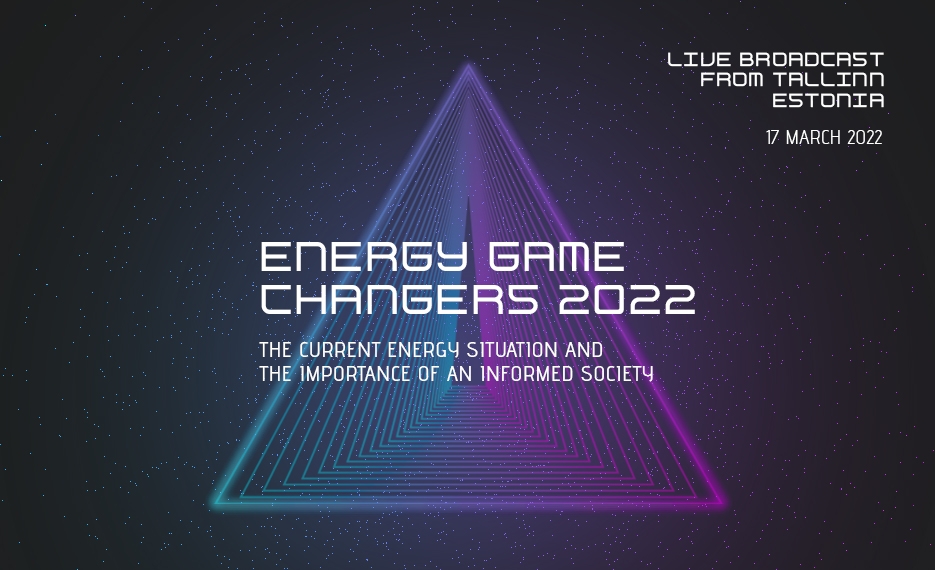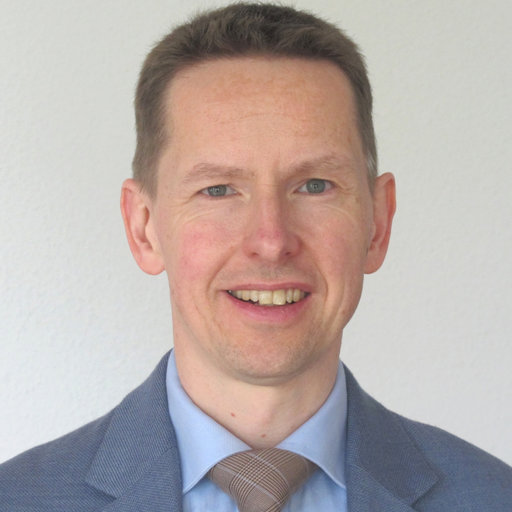The current energy situation and the importance of an informed society
The SMAGRINET final conference is happening on the March 17, 2022, at 10am-3pm (Estonia time)/ 9am-2pm (Central Europe time). Participants will be able to join online to a live broadcast from Tallinn, Estonia. The conference will be held in English.
The conference with count with renowned names such as Mr Jaak Aaviksoo (former Estonian Minister of Defence and Minister of Education and Research) and prof. Renno Veinthal (Deputy Secretary General, Estonian Ministry of Education and Research)
Important note:By filling in the registration form you are registering to the online event, that is broadcasted from Tallinn, Estonia. If you'd like to attend from the venue* place please contact us at conference@smagrinet.eu
The current situation in the European energy market has proved that the European strategies regarding renewable energy have met the crucible of transition. Although the capacity of European interconnections has been evaluated as sufficient since their commissioning, energy prices reaching as high as 1000 EUR/MWh have shown that immense improvement is yet to be done in the European grid. Luckily, homeowners were not affected by the biggest atrocities, as grids were able to find some form of flexibility thanks to industry consumers.
Countries across the globe have been implementing smart grids to achieve reductions in emissions, increased grid efficiency, utilisation of renewable energy sources and consumer control over their energy consumption. Now, security of supply also comes into focus.
The functionalities, possibilities and boundaries of smart grids are not universally and uniformly understood by all people working in the energy field or in the related or even unrelated sectors. This in turn means that the potential of current grids and expectations regarding benefits of smart grids can be under- and overestimated: postponing or misplanning the future energy transition makes it overly expensive. This is the reason why educating current students and workforce is immensely important. There is a need to provide people with knowledge about the full scope of smart grids and understanding of where the borders between investments into smart automation and dumb copper or aluminium are drawn.
Implementation of smart grids requires not only significant investments for replacing the current electrical grids with smart grids, but also training of a next generation of electrical engineers, who must be capable of applying new technologies and managing them effectively in the future. Currently, there is a shortage of qualified electrical engineers in many EU countries, hindering the transition from traditional electric grids to more efficient and environmentally friendly smart grids. According to the Energy Roadmap 2050 and Fit for 55, the share of renewable energy in the EU will rise substantially in the near future, achieving at least 55 % in the gross final primary energy consumption in 2050, which is an increment of 45 percentage points from today's level at around 10 %. Such an all-embracing transformation will affect employment and jobs, requiring education and training and a more vigorous social dialogue.
The conference “Energy Game Changers 2022” will be organized as part of the Horizon 2020 project SMAGRINET that is coordinated by Tallinn University of Technology. Jointly with Technical University of Berlin, Dresden University of Technology, Kaunas University of Technology, University of Lorraine and University of Ljubljana as well as industry representatives, university modules have been worked out to educate the next generation of engineers and power the smart grid expertise in Europe.
Aim of the conference:
- To bring together industry and academia to discuss the energy transition and smart grid implementation.
- To discuss the role of the industry, academia and society in the energy transition, smart grid implementation and related workforce challenges.
- To lead the audience from the industry view to the societal aspects of the energy transition
- To introduce the best practices of industry-academia collaboration in tackling the shortage of skilled workforce and upskilling researchers and engineers to ensure energy transition
Who might be interested: university representatives, teaching staff (incl. universities interested in further uptake of the smart grid modules), industry representatives and the general interested public.
CONFERENCE PROGRAMME
*08:30 – 09:00 | Arrival and registration of participants attending on spot
09:00 - 09:15 | Opening of the Conference - Welcome speech by prof. Renno Veinthal, Deputy Secretary General, Estonian Ministry of Education and Research
09:15 - 10:15 | Attracting next generation engineers: the value of up-to-date smart grid skills
Panel discussion with:
- Prof. Dr.-Eng. Kai Strunz, Technical University Berlin and Secretary of the IEEE Power and Energy Society Committee on Energy Development and Power Generation
- Ph.D.-Eng. Alex Gabriel, University de Lorraine
- M.Eng. Olga Zyabkina, Chair of Electrical Power Supply, Institute of Electrical Power Systems and High Voltage Engineering, Technical University Dresden
10:15 – 11:15 | Impact of the industry driven smart grid training programmes
Panel discussion with:
- Anastasiia Hrytsai, leading specialist in corporate social responsibility, Ukrainian National Power Company UKRENERGO
- Prof. Mariusz Stepien, head of the Department of Power Electronics at The Silesian University of Technology
- Klemen Knez, University of Ljubljana
- Christoph Wulkow, Technical University Berlin
11:15 – 11:45 | Break
11:45 – 13:15 | Situation in the energy market and skills of the future
Panel discussion with:
- Jaak Aaviksoo, Former Estonian Minister of Defence and Minister of Education and Research & Former rector of the University of Tartu and TalTech
- Kristian Ruby, Secretary General at Eurelectric
- Maiju Korhonen, Senior Adviser, Finnish Energy
- Tarvo Õng, CEO and Founder, of Fusebox
13:15 – 13:35 |The future is now – the steps to shape the engineering education further - Prof. Dr. Boštjan Blažič, University of Ljubljana
13:35 – 13:45 | Closing remarks - Karl Kull, Tallinn University of Technology
13:45 – 14:00 | Networking
* The conference will be broadcasted from Tallinn and a limited number of participants attending the conference physically will be accepted, all times in the agenda are displayed as CET. For Estonia time please calculate 1 hour more.
SPEAKERS
| Jaak Aaviksoo | ||
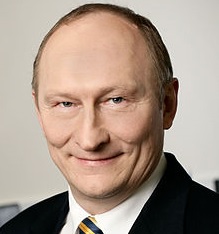 |
Jaak Aaviksoo is an Estonian politician and physicist, a former rector of the University of Tartu and Tallinn University of Technology (TalTech). Aaviksoo has been the Estonian Minister of Defence and Minister of Education and Research, he was a member of the liberal conservative party Union of Pro Patria and Res Publica. Jaak Aaviksoo is the first rector in Estonia who is also an academician. | |
| Maiju Korhonen | ||
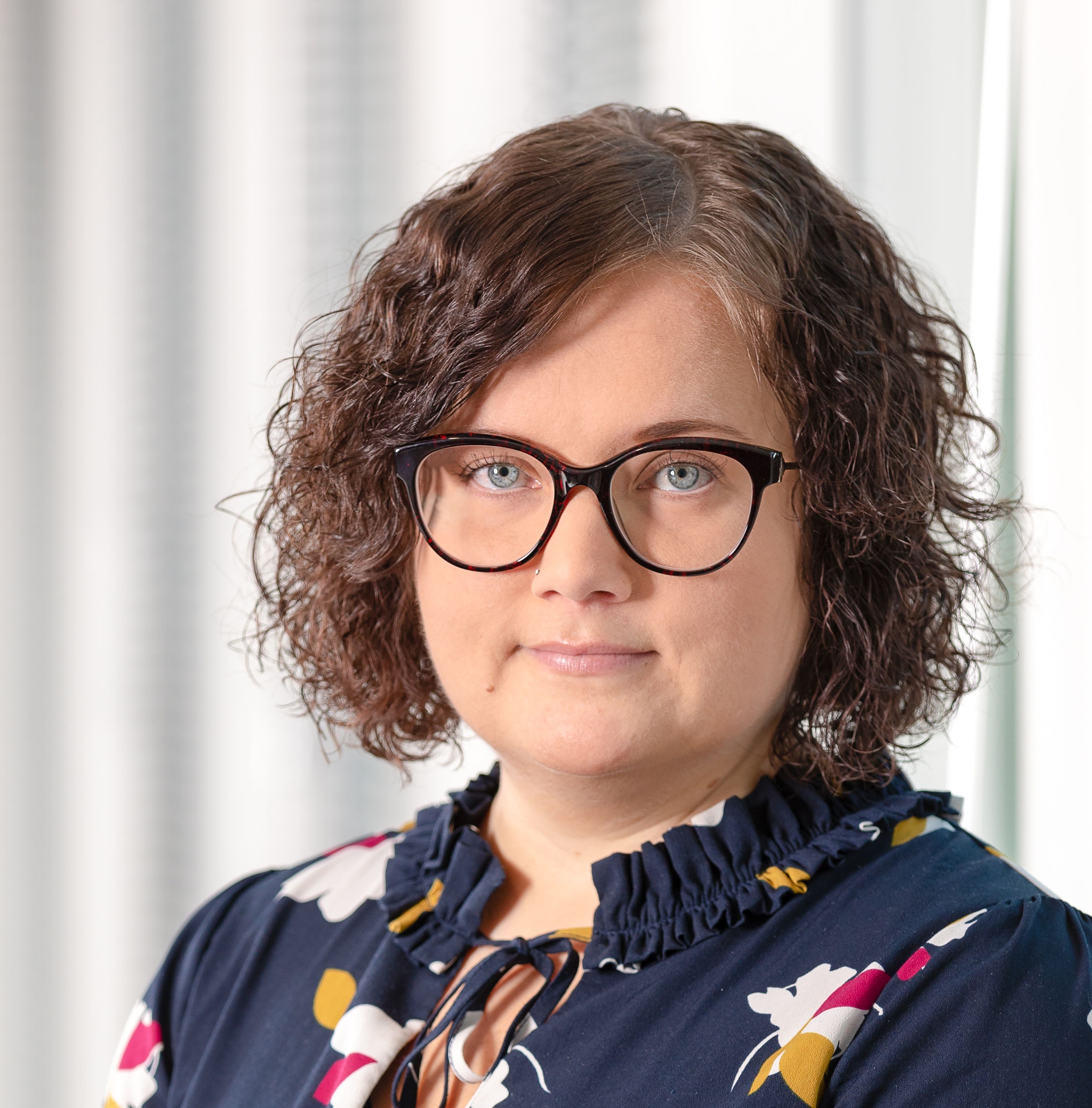 |
Maiju Korhonen is a Senior Advisor at Finnish Energy. She is helping Finnish Energy member companies with issues related to education, skills, competence, youth and employer branding & recruitment communications. Her mission is to create relations between the energy industry and education. She has an MSc in Political Science from the Tampere University, where she graduated from in 2013. | |
| Kristian Ruby | ||
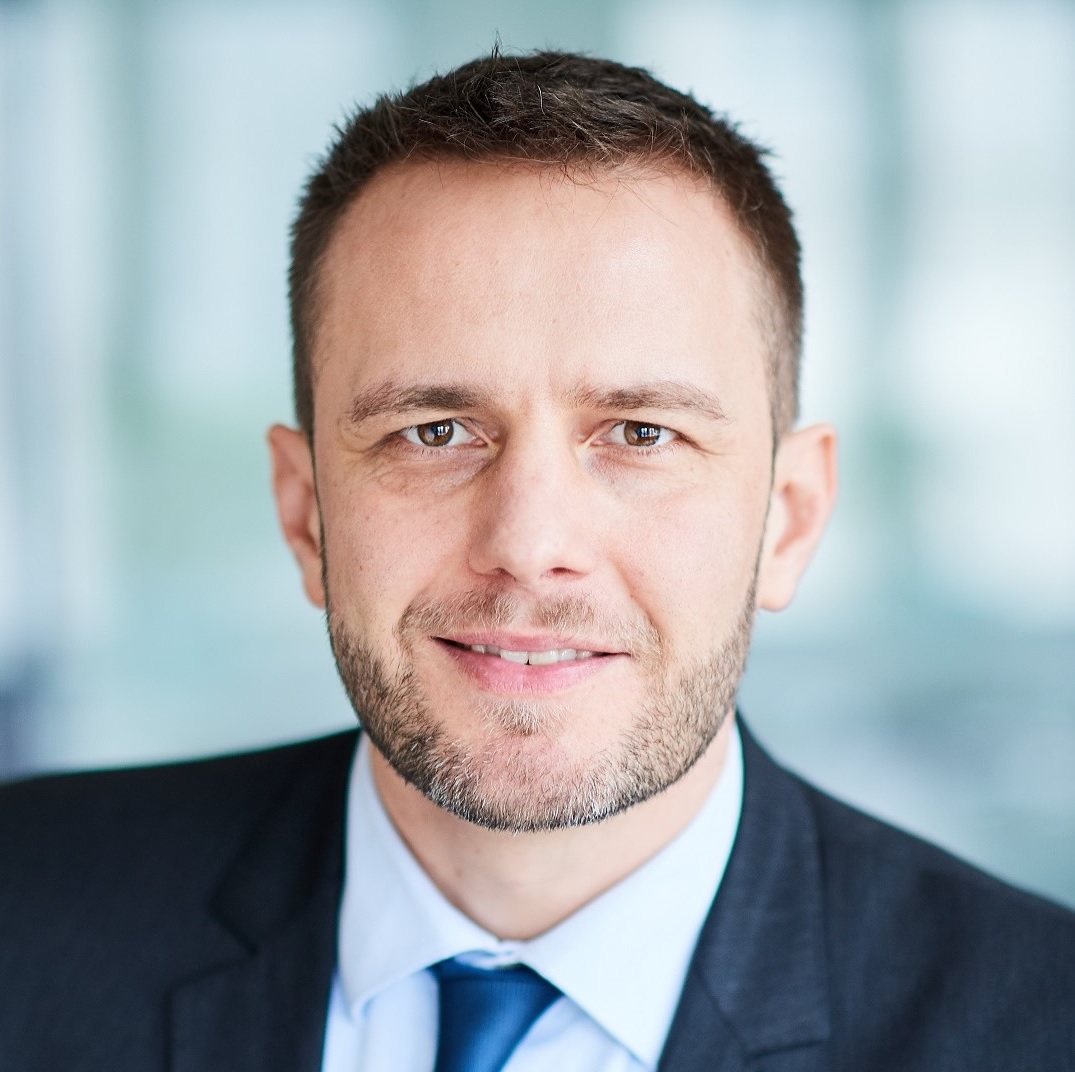 |
Kristian Ruby is a widely recognised expert with a strong communication profile and extensive experience in political affairs. He joined EURELECTRIC from Wind Europe, where he served as Chief Policy Officer and was in charge of development and implementation of the political strategy. Prior to this, Ruby worked as a journalist and served seven years as a public servant in the Danish Ministries of Environment, and Climate and Energy and in the European Commission in the cabinet of the former Climate Action chief, Connie Hedegaard. Kristian holds a master degree in history and international development. | |
| Tarvo Õng | ||
.png) |
Tarvo Õng is the CEO and founder of Fusebox, and has been running the company for the last 6 years. Fusebox is a platform that helps to balance supply and demand in the electricity system as a virtual power plant. The platform is meant to function globally. He is also a serial entrepreneur and has been working for the largest Baltic and Finnish utilities and Energy companies. | |
| Boštjan Blažič | ||
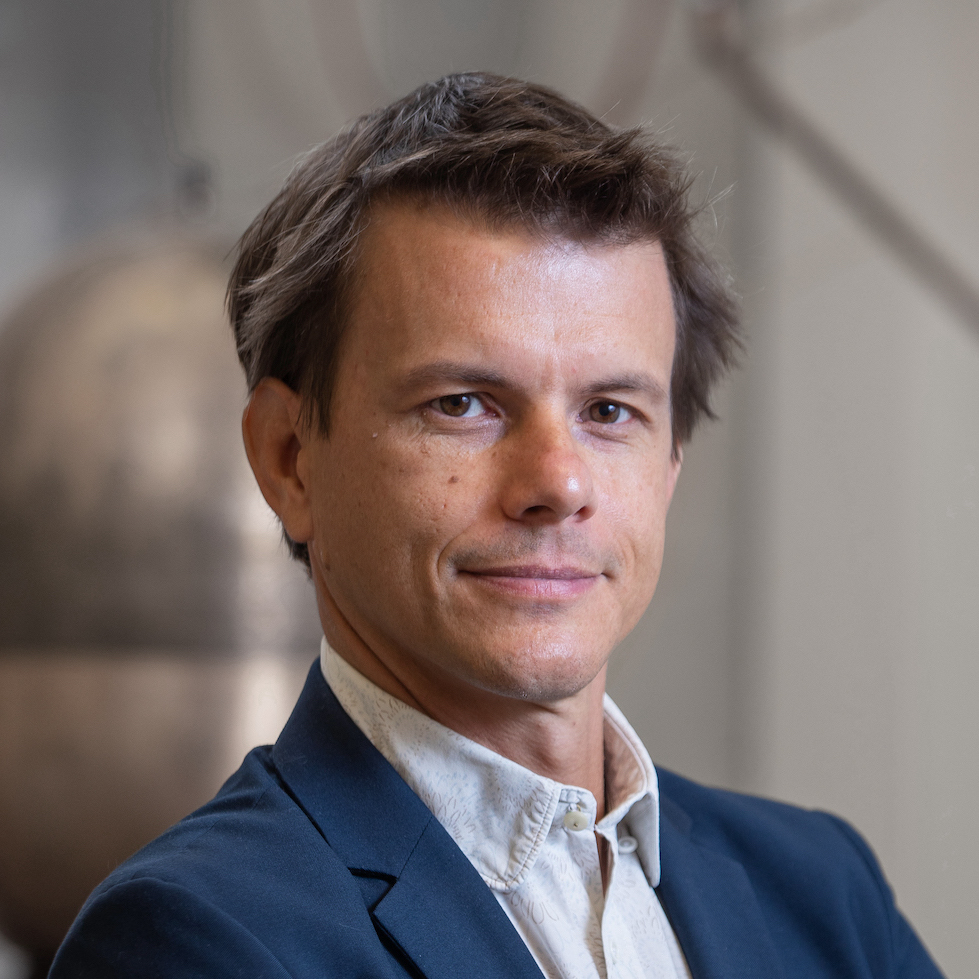 |
Boštjan Blažič is a professor at the University of Ljubljana, Faculty of Electrical Engineering, Slovenia. In the frame of teaching, he is leading the courses in the fields of power-network elements and operation, and high-voltage engineering. His research work focuses on three main areas: operation and control of distribution networks, mathematical analysis and control algorithms of power converters, and power quality. Currently, he is involved in the set-up of a national flexibility market, where the flexibility service is provided by active distribution-network users. | |
| Mariusz Stępień | ||
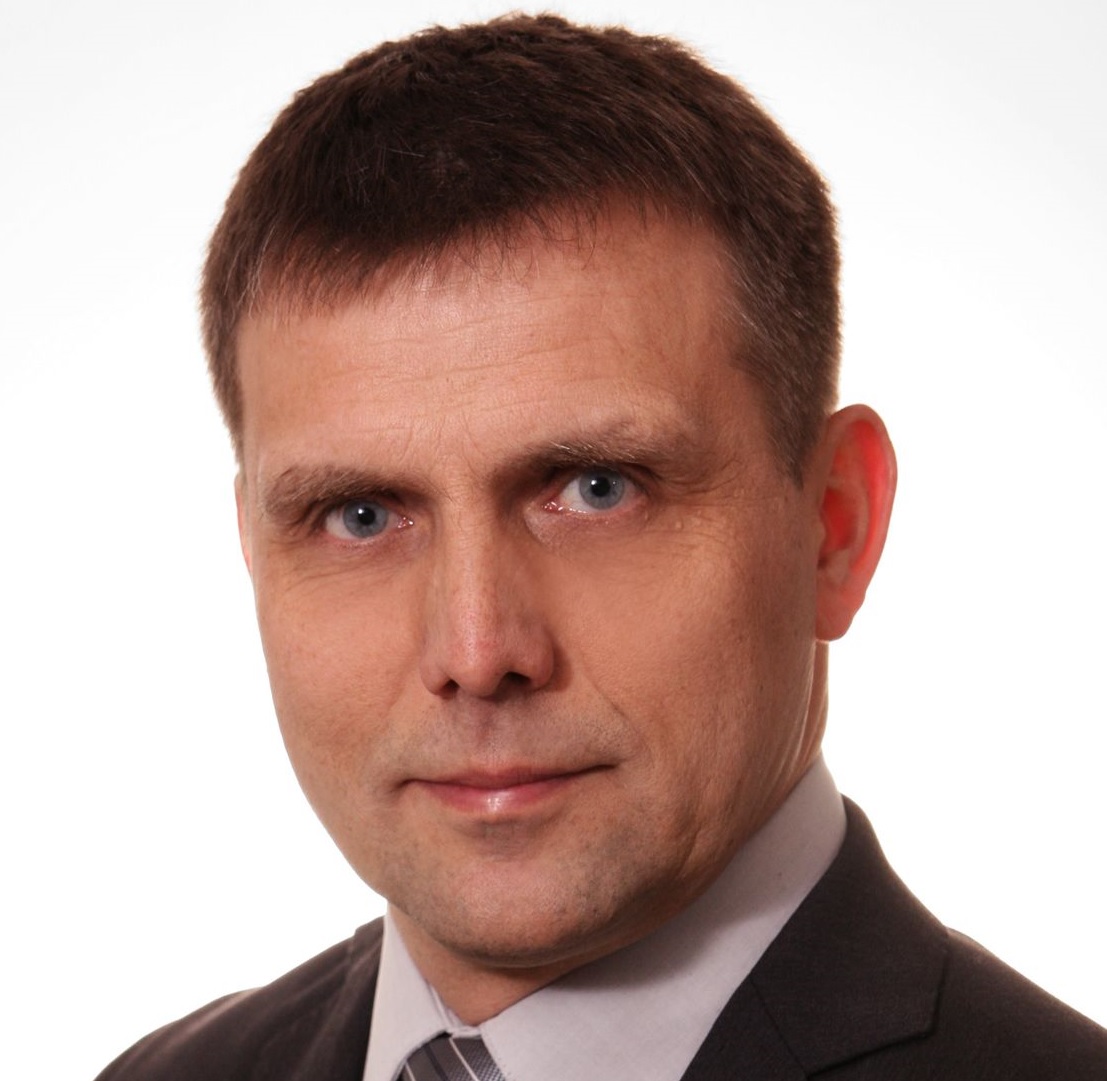 |
Mariusz Stępień is a professor at the Department of Power Electronics, Electrical Drives and Robotics, Silesian University of Technology, Gliwice, Poland. He received the M.Sc., Ph.D., and Habilitate Doctorate (D.Sc.) degrees, all in electrical engineering, in 1999, 2006 and 2019, respectively. His area of research interests includes power electronics, energy conversion, superconductivity, HF and special transformers, FEM modeling of electrical engineering and interdisciplinary problems. He is a senior member of the IEEE and Chair of the Chapter Magnetics, Polish Section of the IEEE. | |
| Karl Kull | ||
 |
Karl Kull, Tallinn University of Technology, School of Engineering, Department of Electrical Power Engineering and Mechatronics, the coordinator of the SMAGRINET project. | |
| Christoph Wulkow | ||
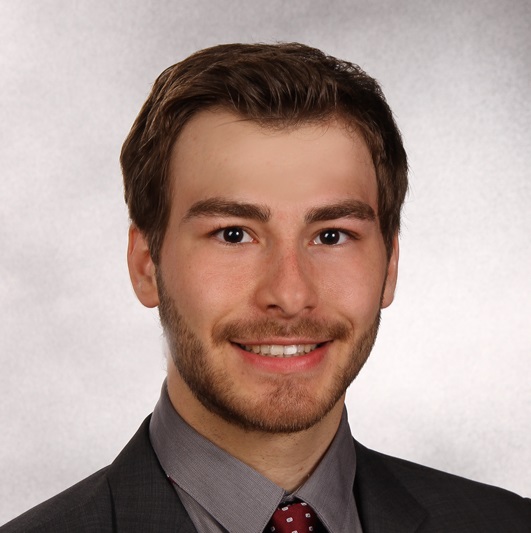 |
Christoph Wulkow received a BSc in Electrical Engineering from HTW Berlin University of Applied Sciences, and an MSc in Electrical Engineering from Berlin Institute of Technology (TUB), in 2017 and 2021 respectively. He is currently working toward a Dr.-Ing. degree at TU Berlin. His research interests include integration and operation of renewable energy technologies in power systems. | |
| Anastasiia Hrytsai | ||
|
|
Anastasiia Hrytsai is a leading specialist in corporate and social responsibility at the Ukrainian National Power Company Ukrenergo. She received a BSc in Management and Administration of Logistics Systems from the National Transport University in 2019, and an MSc in Project Management from the National Transport University in 2020. She has been involved with different programmes covering topics on social management and stakeholder engagement, socio-environmental standards, and sustainable development goals in Ukraine. | |
| Prof. Kai Strunz | ||
|
|
Kai Strunz is a professor of the Department of Sustainable Electric Networks and Sources of Energy, Technical University of Berlin, guest Professor of the Chinese Academy of Science, Beijing and the Secretary of the IEEE Power and Energy Society (PES) Committee on Energy Development and Power Generation. He has received the Dipl.-Ing. and the Dr.-Ing. (summa cum laude) degrees from Saarland University in 1996 and 2001, respectively. | |
| Olga Zyabkina | ||
| Olga Zyabkina received a BSc and an MSc in Electrical Engineering from the Belgorod State Technological University named after V.G. Shukhov (BSTU), Russia in 2011 and 2013 respectively. During the research and teaching activity at BSTU, her main focus was on Power Quality (PQ). In 2015, she started her PhD at the Technical University of Dresden, Germany, at the Institute of Electrical Power Systems and High Voltage Engineering. She is currently working as a research assistant in the Power Quality Group. Her research interests are in Artificial Intelligence and Big Data analytic for efficient and automatic analysis of network disturbances. | ||
| Alex Gabriel | ||
 |
Alex Gabriel, PhD, is an industrial engineering researcher at the ERPI research team at Université de Lorraine. He is working on the design and evaluation of IT tools applied to innovation management. These tools range from collaboration to the simulation of ideas proposed during the innovation process. He obtained his doctorate in 2016 on the topic of knowledge management in the collaborative process of creativity. He developed skills in IoT applied to energy management during the participative project LinkyByMakers. His interest in the electrical field is the topic of smart grid and more specifically those of P2P energy trading. | |
| Klemen Kenz | ||
 |
Klemen Knez graduated in 2020 from the Faculty of Electrical Engineering, University of Ljubljana. Since January 2020, he has been working at Laboratory for Electrical Networks and Devices as a student researcher in the field of smart grids. He participates in various industrial and European projects, such as the Smart Grid simulation platform. He also participated in the development of the National Smart Grid Program (NSGP), where simulations with various smart grid solutions were performed on reference models. |
Important note:By filling in the registration form you are registering to the online event, that is broadcasted from Tallinn, Estonia. If you'd like to attend from the venue* place please contact us at conference@smagrinet.eu
*Venue: Proto Invention Factory
